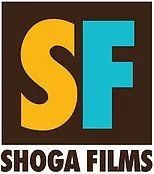Langston Hughes, Asexual
Langston Hughes has long been fiercely claimed as gay by the Black LGBT movement, although there is no hard evidence that he was attracted to or had any sexual relations with another man. As a beautiful young poet who could have had anybody he wanted and as Harlem's most eligible (perennial) bachelor for decades who never dated women, that was the universal assumption, especially given his penchant for attractive male secretaries. Langston was certainly queer, but he probably had no sexual relations with anybody.
That was the opinion of Louise Thompson, a beautiful intelligent minor player in the Harlem Renaissance whose close but non-sexual friendship with Langston sparked a jealous reaction from Zora Neale Hurston that wrecked the one truly emotionally intimate relationship he had -- with his white patron. Charlotte Osgood Mason was rich, manipulative, and deeply racist in a "benign" way. She wanted her Blacks to be primitives and so infantilized Langston to the extent that she could. As a mother surrogate, the idea of sexual relations with Mason was not even to be thought of, so Langston was "safe" on that score and became deeply emotionally entangled. Known as one of Langston's closest friends all of his adult life, Thompson told his biographer Arnold Rampersand that she judged Hughes to have been asexual. As for suggestions that he was a homosexual, she said "that I felt was not true. I never had in any sense any intimation that he was that way."
Another lifelong friend of Langston Hughes *was* semi-openly gay, the white writer, photographer and premiere publicist of the Harlem Renaissance, Carl Van Vechten. It is probable that "Carlo," as many of his friends called him, subtly tried to seduce Langston through an enthusiastic appreciation of the fledgling writer's poetry -- he was instrumental in getting Hughes' first book published -- but getting no response from Hughes of a sexual nature, the erotic impulse turned into a genuine friendship chronicled in a lively correspondence. Van Vechten speaking to his own biographer, Bruce Kellner, declared that he knew two men "who seemed to thrive without having sex in their lives." Of the two, "never had he any indication that either was homosexual or heterosexual. One of these was Langston Hughes.”
Recent Posts
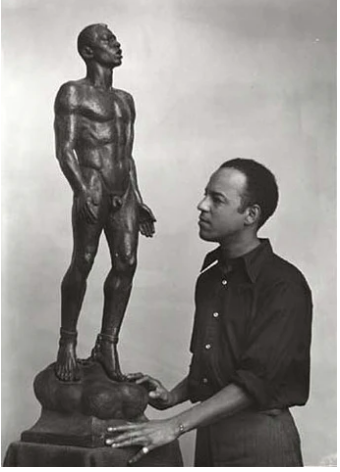
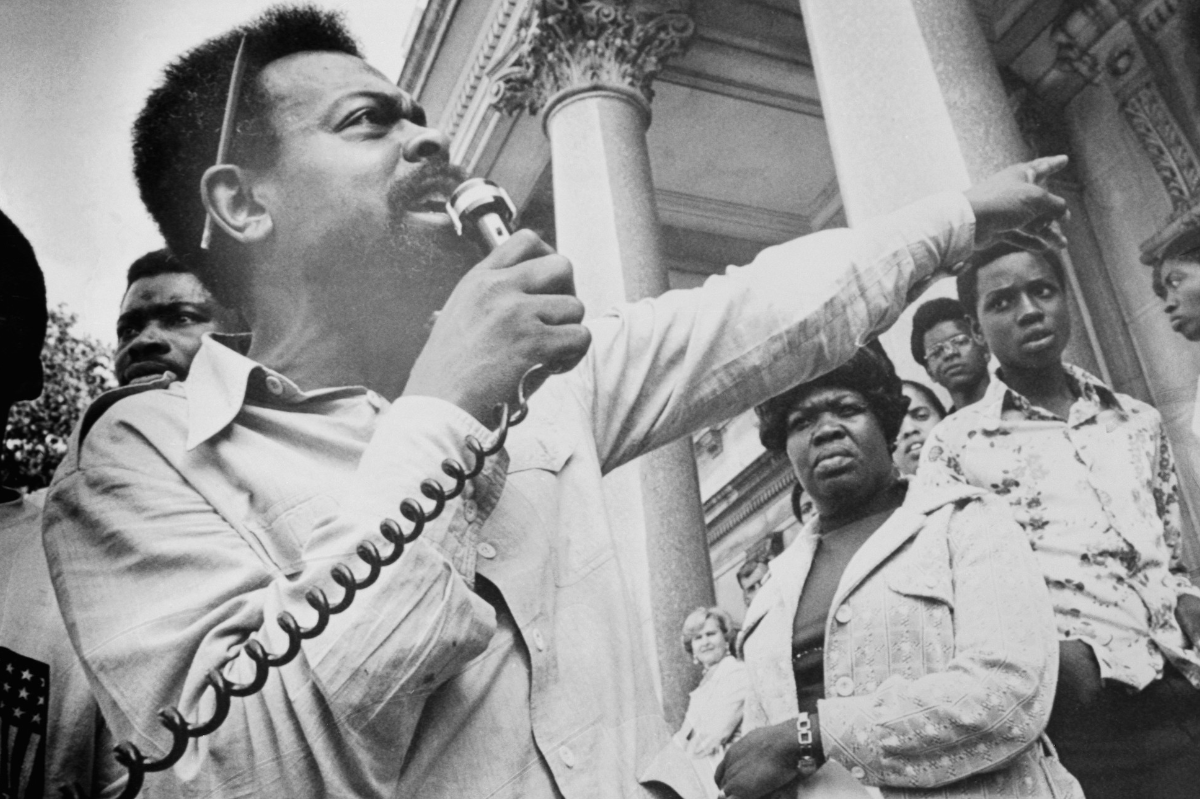
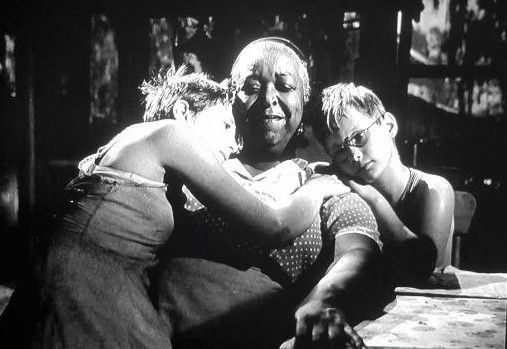
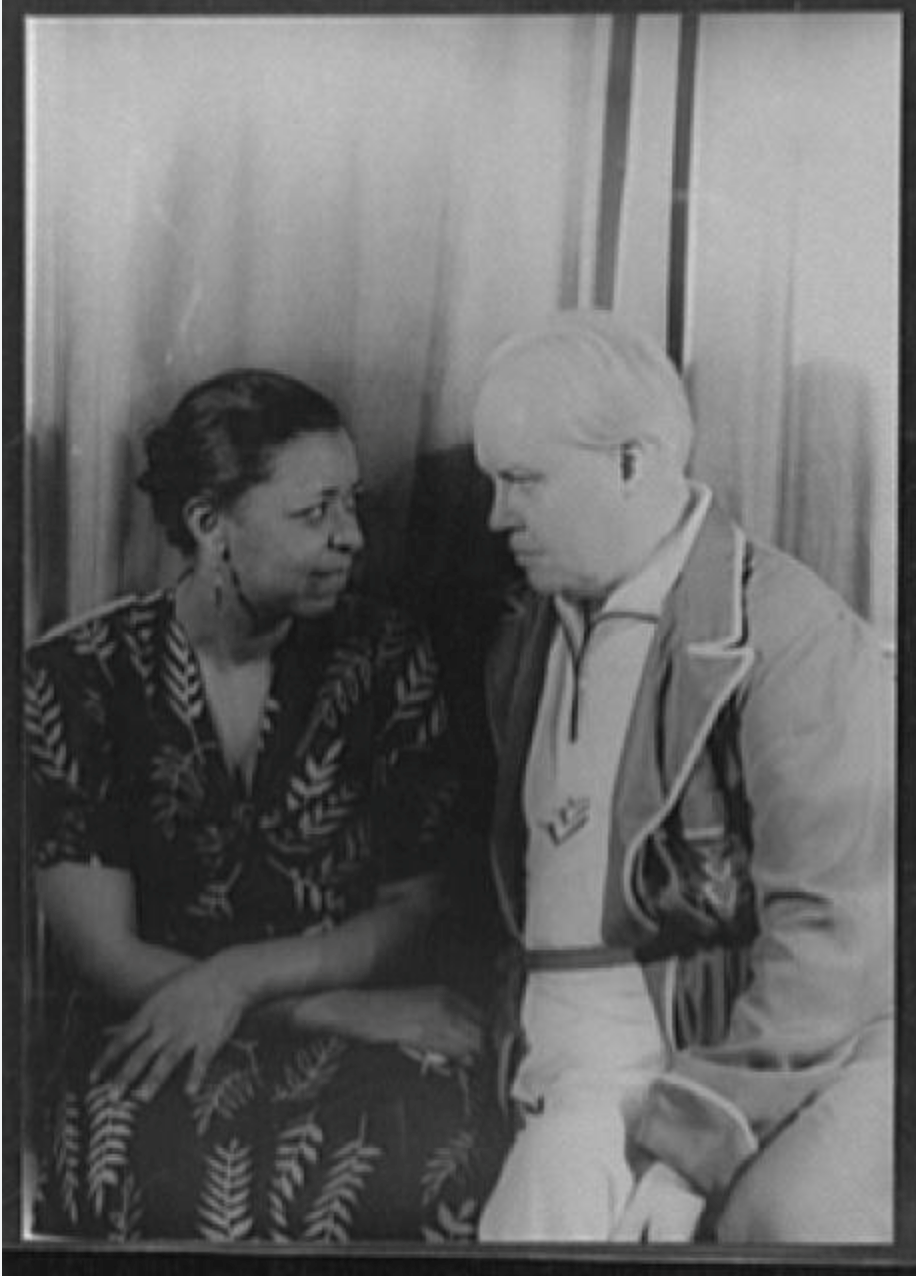
SHOGA FILMS is a 501(c) (3) non-profit production and education company. We create multimedia works around race and sexuality that are intended to raise awareness and foster critical discussion.
Contact Us
All Rights Reserved | Shoga Films
Stay Connected
Thanks for subscribing!
Please try again later.

